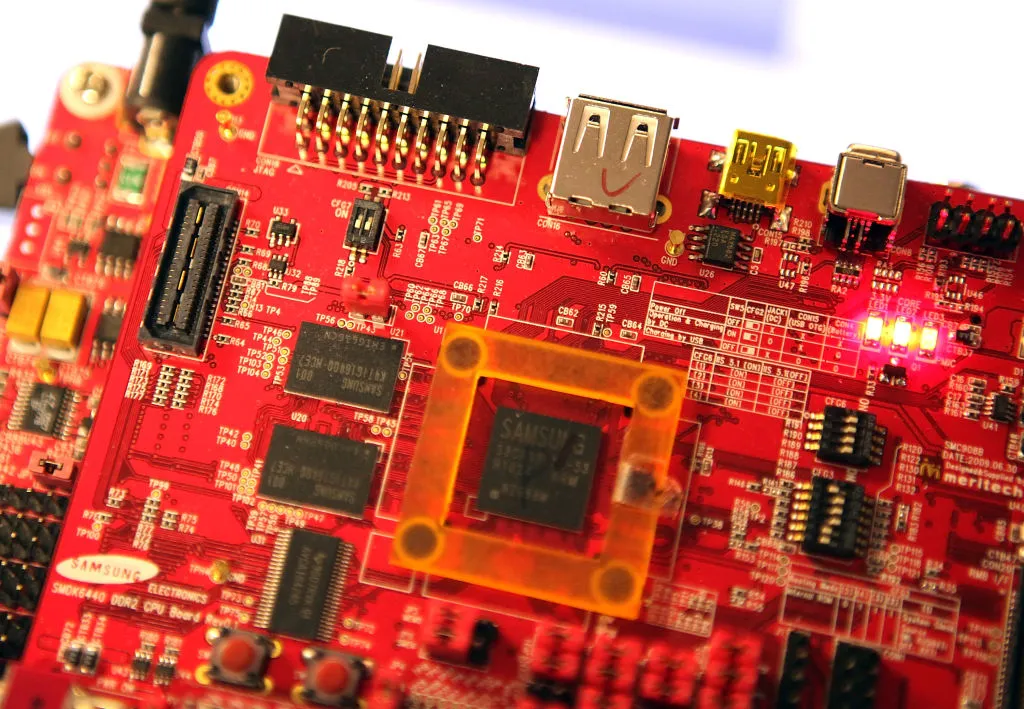The UK and Japan have pledged to improve the resilience of their semiconductor supply chains, as part of a freshly inked partnership between nations.
In a statement today, the UK government said the partnership – which will oversee a combined IT sector worth more than £406bn – will further cement foundations for trade and investment between both economies.
While Taiwan would seem like the likely contender for a semiconductor supply chain partnership in the Asia-Pacific region, Carl-Johan Carlstedt, intelligence analyst at security intelligence firm Dragonfly, told City A.M. that longstanding concerns around Taiwan and where it is placed geopolitically has induced a shift away from the island – where semiconductor manufacturing is the core pillar of its entire economy.
Although an invasion of Taiwan by China is unlikely, with countries increasingly looking to shore up their supply of semiconductors, “Taiwan is a bit of weakness” he said, adding that “Japan’s got a history of being one of the big semiconductor producers, going back several decades. That’s obviously drawn down in recent years but it’s got the capacity to do it.”
Semiconductors, also known as chips, are used in most of today’s electronics.
“Putting all your eggs in one basket is not the clever thing to do when it comes to semiconductors” from both a national security and manufacturing standpoint, Carlstedt explained.
“It’s one of these once in a generation shifts in supply chains. There’s been several drivers, in terms of the recent geopolitical crisis between China and Taiwan but also trad tensions between the US and China. This is something we’re going to see continue,” he said.
The partnership is the latest example of so-called “friend-shoring”, where countries spread the risk to their supply chains across like-minded countries in different regions.
Dr. Simon Thomas, co-founder and CEO of British semiconductor firm Paragraf added that by combining efforts on chips, the UK and Japan could become a dual leader in the industry.
“Barring further conflict that changes the world order and disrupts existing supply chains, Europe, Japan and the UK are too far behind to compete in today’s mainstream semiconductor race,” said Thomas.
“If we cooperate with Japan on future technologies then the pedigree of both nations could be brought to define a new generation of semiconductors that could definitely lead the world.”

